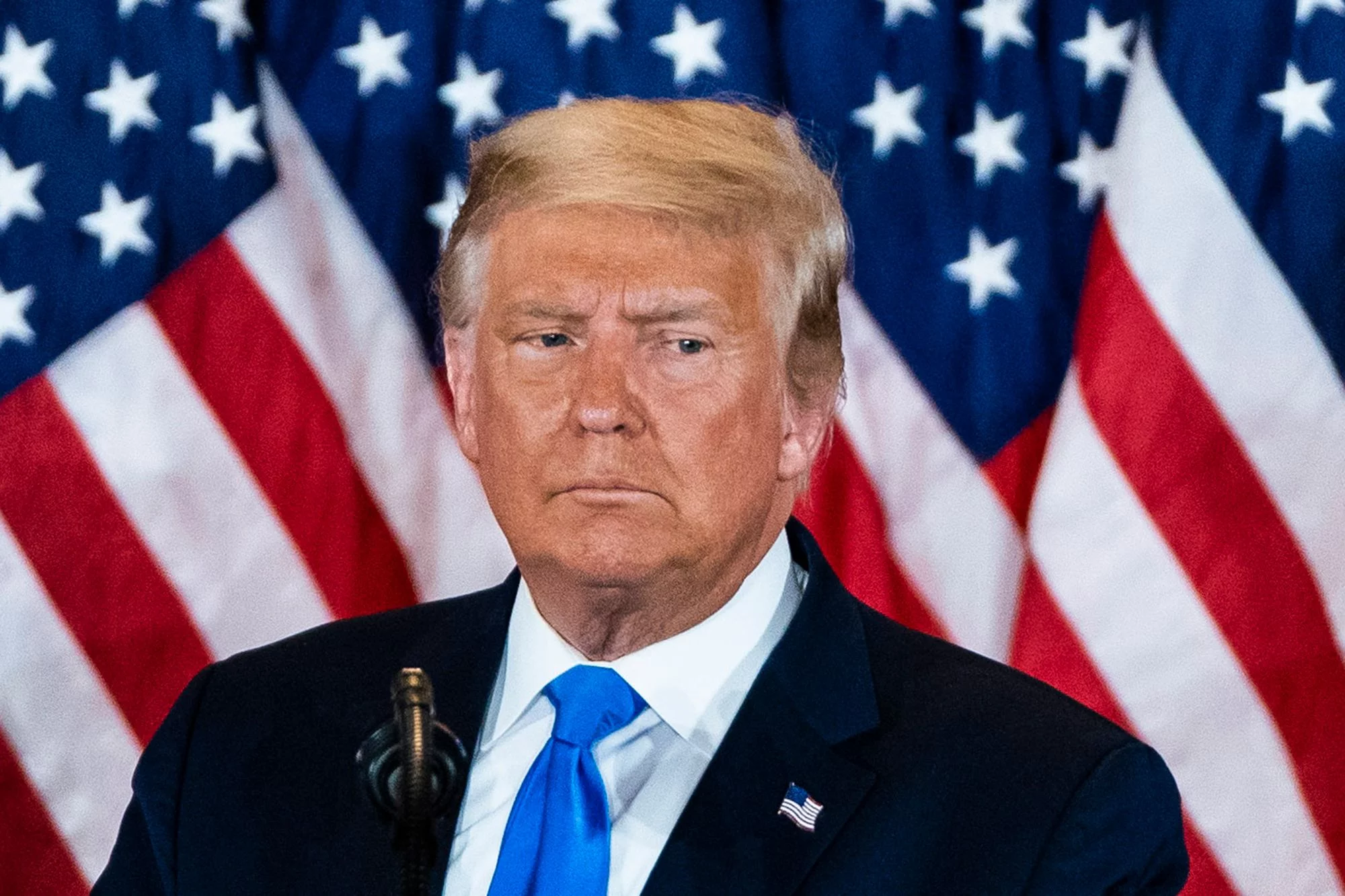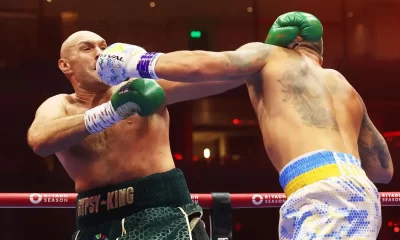World
How the Supreme Court could upend the other criminal cases against Trump

On Monday, former President Donald Trump vented about being found guilty in New York of 34 counts of falsifying business records and suggested that the U.S. Supreme Court step in to prevent Judge Juan Merchan from sentencing him in the case.
“The United States Supreme Court MUST DECIDE!” Trump wrote.
While the high court is unlikely to intervene in the sentencing of the former president found guilty by a jury in a state court proceeding, it is expected to issue a ruling at any time on whether the principle of presidential immunity protects Trump from prosecution in the federal election interference case brought by special counsel Jack Smith.
But whatever the court decides, the ruling will affect not only that criminal case, but at least two of the others he is facing as well. Here’s why:
Jan. 6 election interference
In April, the high court heard oral arguments on the presidential immunity question after a federal appeals court upheld Judge Tanya Chutkan’s ruling that Trump’s efforts to overturn the 2020 election were not part of his official presidential duties.
Chutkan has paused the Jan. 6 election interference case until the Supreme Court issues its ruling. If the court rules in Trump’s favor, agreeing that former presidents are protected from criminal prosecution unless first impeached and convicted by Congress, the trial will not move forward. If the justices rule in the government’s favor, the case could conceivably go to trial before the 2024 presidential election.
Based on the questions from the justices, most legal analysts believe that the court will not give Trump blanket protection from prosecution, but could issue a ruling that would require another court to examine each of the charges against Trump to try to clarify whether his behavior, such spreading false claims about the outcome of the election, should be characterized as an official act.
If that happens, the start date of the trial could be pushed back until after the 2024 election. That’s significant because if Trump is reelected, he could direct his attorney general to simply drop the case against him.
Georgia election interference
Trump and 14 others face felony charges in Fulton County, Georgia, stemming from their efforts to overturn the 2020 election in that battleground state, and if the Supreme Court were to rule in Trump’s favor on presidential immunity, his lawyers would quickly press Superior Court Judge Scott McAfee to drop the 10 felony counts against him.
In January, Trump filed a court motion with McAfee to dismiss the state charges on the grounds that past Supreme Court precedent “shields President Trump from criminal prosecution for acts within the ‘outer perimeter’ of his official duties.”
Proceedings in the trial are currently on hold as McAfee awaits the Supreme Court’s ruling on immunity and Trump’s lawyers pursue an appeal of McAfee’s decision to allow Fulton County District Attorney Fani Willis to remain on the case despite allegations of misconduct. On Monday, the Georgia appeals court scheduled the case to be heard in October.
A Supreme Court ruling on the immunity question that goes even partially in Trump’s favor would result in a new round of court challenges from Trump’s lawyers that would almost certainly drag the case into 2024 or 2025.
Classified documents
At the core of Trump’s defense in the classified documents case is his contention that, because he was president when he decided to send boxes containing classified documents to his Florida home, he can’t be prosecuted for doing so. In February, Trump’s lawyers asked Judge Aileen Cannon to drop all 40 felony counts brought by Smith on those grounds.
Cannon, a Trump appointee, has already delayed the trial so that it would very likely begin after the presidential election.
Should the Supreme Court rule that presidential immunity protects Trump from prosecution, the classified documents case could be quashed before a trial begins.


 Sports10 hours ago
Sports10 hours agoOleksandr Usyk defeats Tyson Fury to tetain heavyweight title

 News10 hours ago
News10 hours agoNigerian Emergency Agency NEMA Puts All Offices On Alert Over Fatal Stampedes

 Sports10 hours ago
Sports10 hours agoCAF Made Me Believe I Won – Achraf Hakimi

 Politics10 hours ago
Politics10 hours agoWe Will Bury PDP, Ibori’s Daughter Blows Hot

 Top Stories10 hours ago
Top Stories10 hours agoEmefiele: EFCC secures final forfeiture of 1.925 hectares of landed property linked to former CBN Governor









